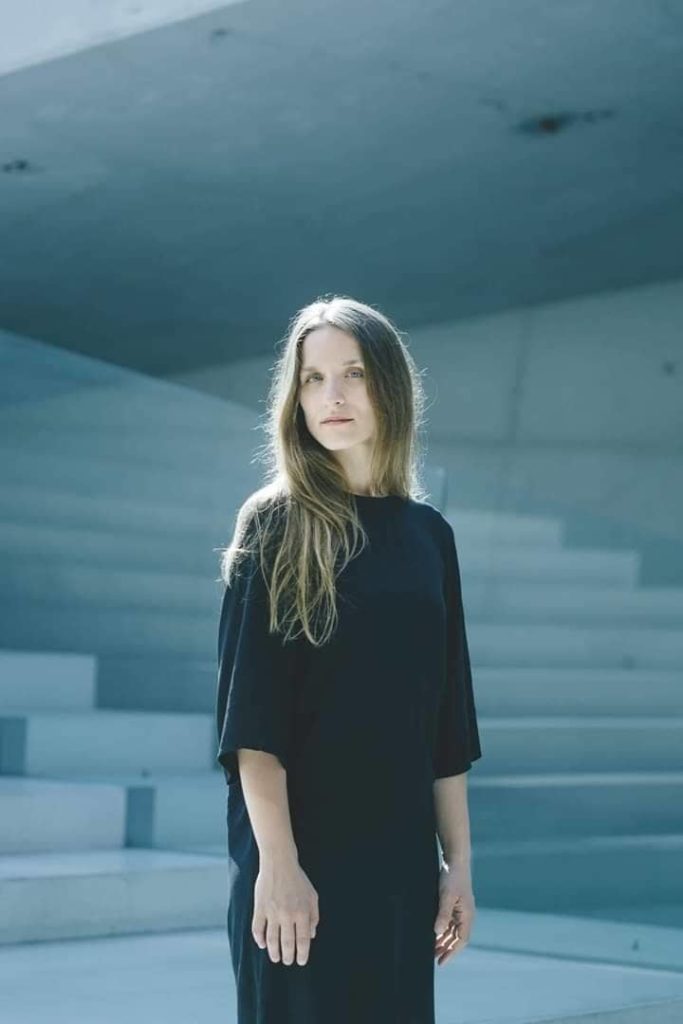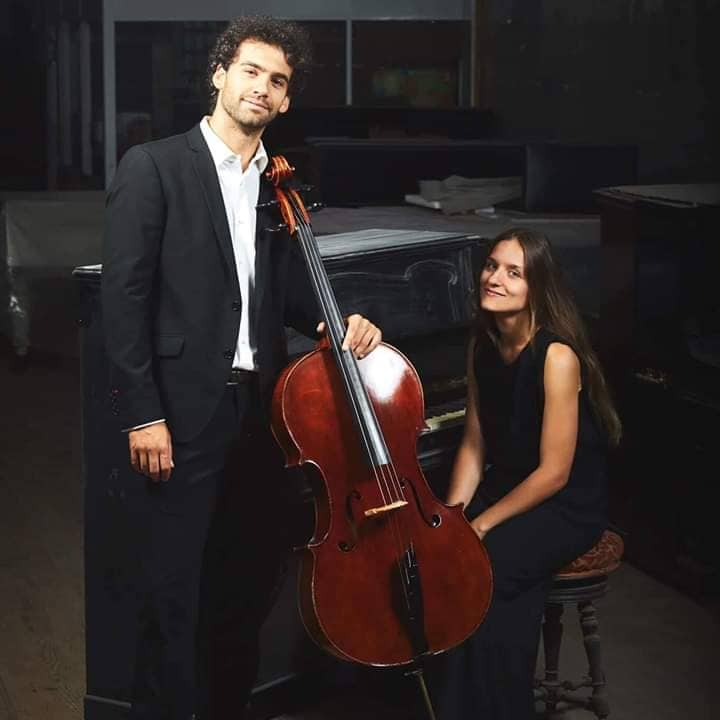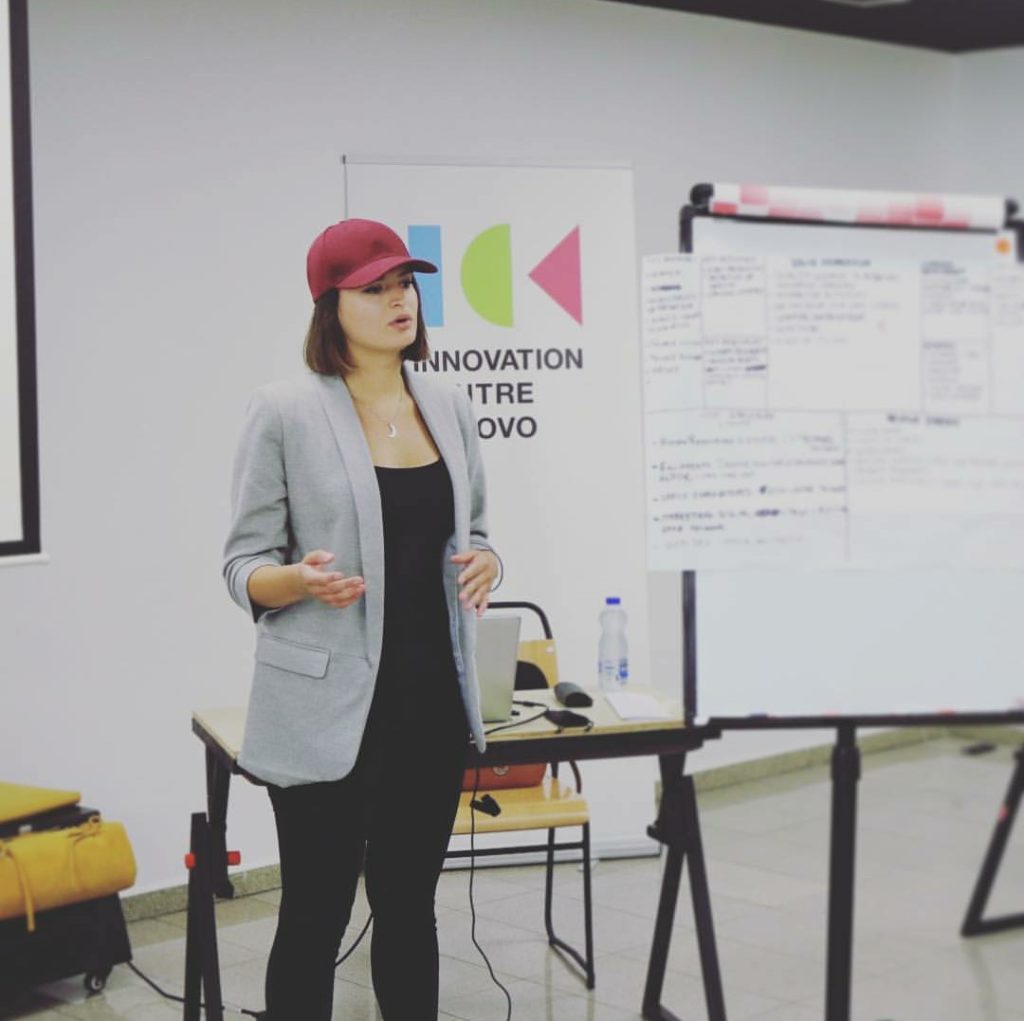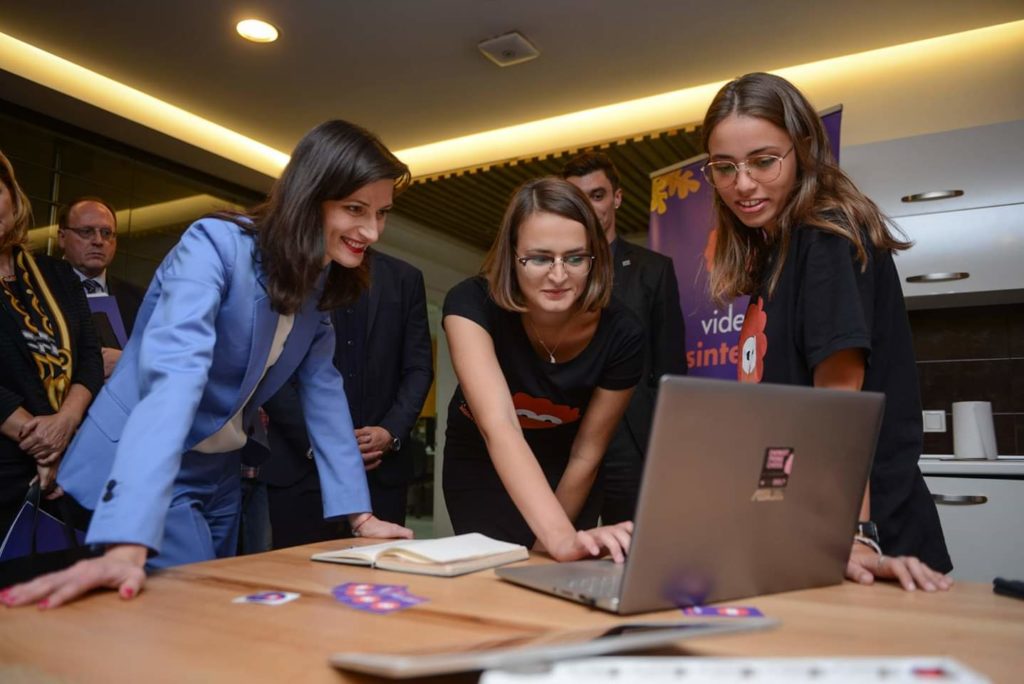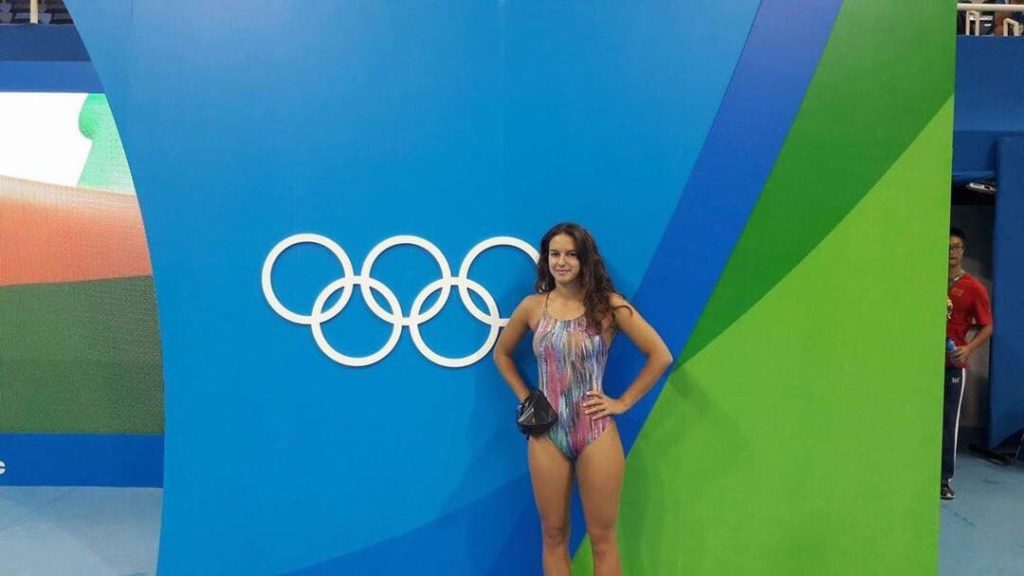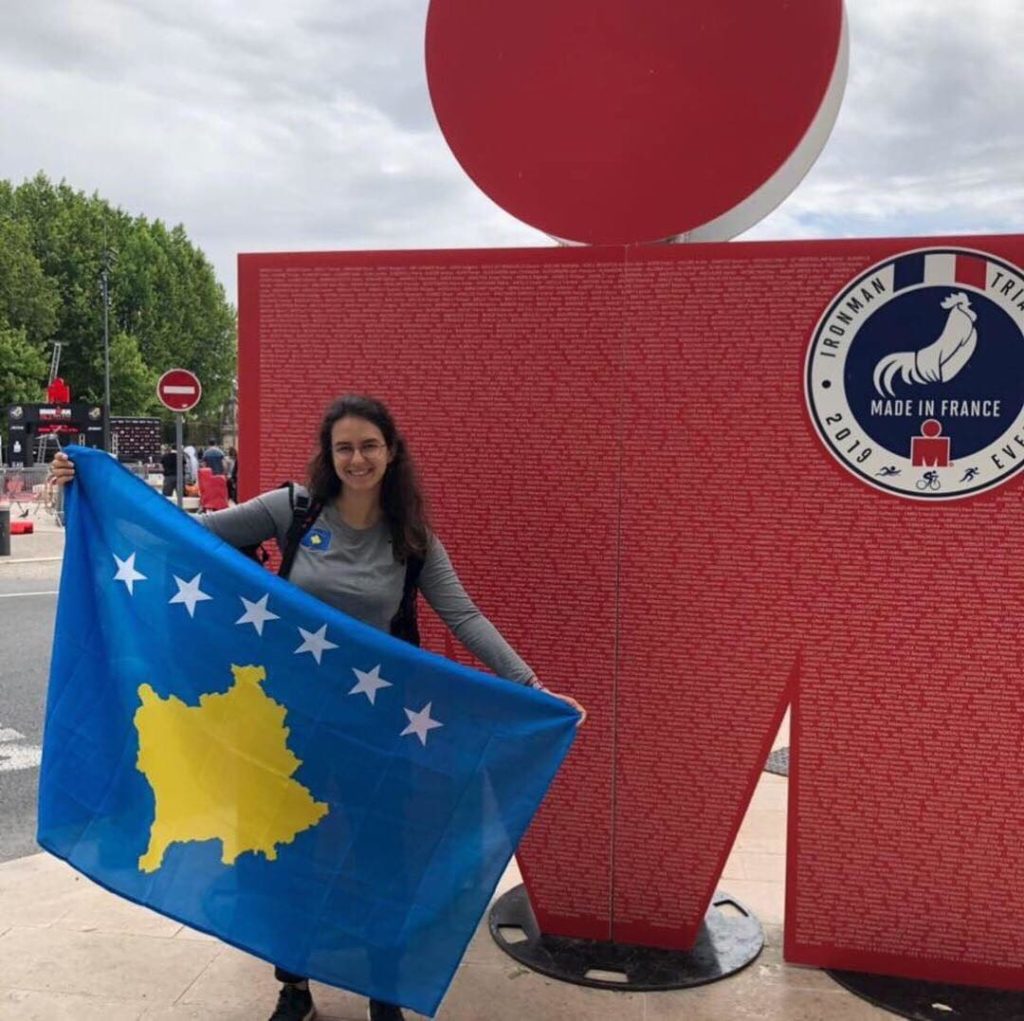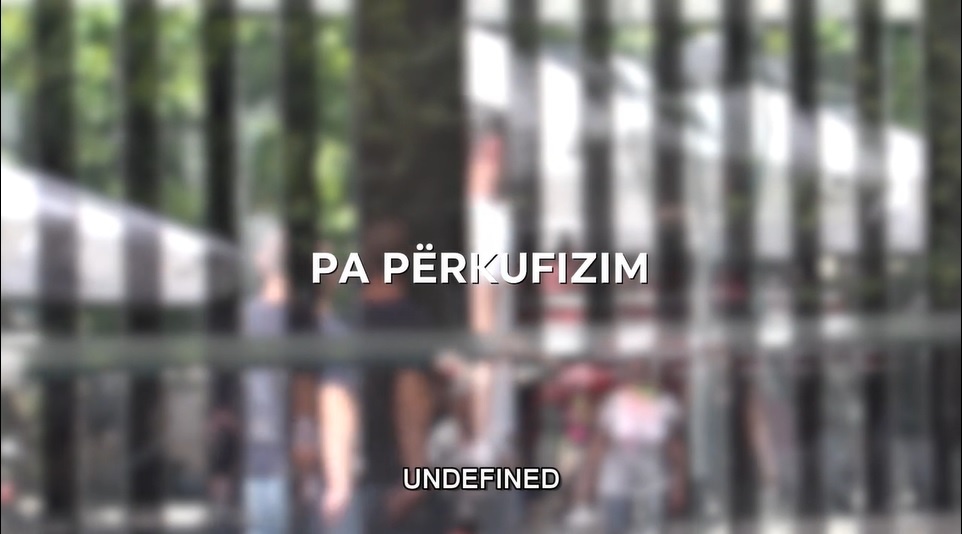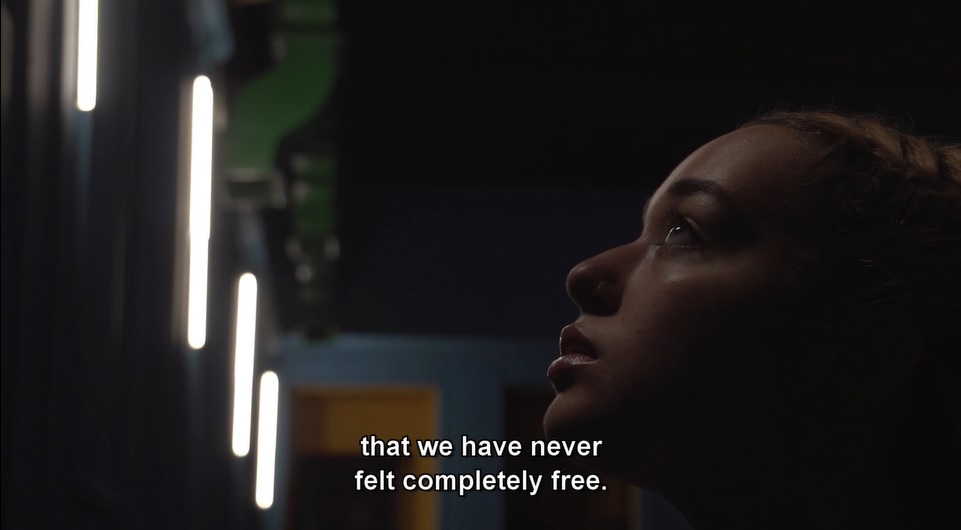A bittersweet good-bye to life as a refugee girl in Greece
“ I love my Greek school, it’s the first time I’ve ever really felt safe and welcome at school,” Adele tells me as we walk together towards the station for the metro she takes to school every day, showing me her route. But she soon may have to leave the school, due to anti-refugee policies fomented by the new Greek government. Adele is seventeen, an Afghan refugee who also spent time in Iran before making the difficult journey to Greece. “In Iran they don’t treat you nicely if they know you are Afghan, and for girls it’s even worse.” This was one of the many reasons she and her family decided to move again, this time trying to make it all the way to Europe. As I listen to her talk about almost drowning in a river before getting on an overcrowded life raft to cross the Aegean Sea from Turkey, I myself slip and fall off the sidewalk into the street. I’ve been doing this a lot in Athens, where the pavement is not only ancient, but uneven, and in many places just plain broken. It’s actually a local joke among Athenians, how bad their sidewalks are, and learning to walk on them, which requires a creative combination of agility and patience, is an apt metaphor for what many refugees have faced once arriving here.
Greece’s recent national elections pushed forward a far-right political agenda, unseating the increasingly unpopular Tsipras with the much more conservative Nea Demokratia Party, which many people blame on the refugee crisis. At a recent meeting in Brussels, the party’s leader and Greece’s new Prime Minister, Kyriakos Mitsotakis told members of the European People’s Party that a first priority should be protection of Europe’s borders and that “Greece needs to start talks on how more refugees can leave the country.” At the very least, his election delivers a decisive blow to Tsipras’ more progressive and humanitarian migration policy.


Writing just a few weeks after the closing of City Plaza is not without irony. “Plaza” as residents there refer to it was a defiant oasis for refugees in a mess of broken policy and promises, a social experiment, a cooperative, a place where migrants lived alongside Greeks, students, volunteers. It was more than just a worn, 3-star hotel squat in the center of Athens, it represented a “chink of light,” the title of a poetry book Adele and other girls at Plaza started writing with help from a British volunteer. She and her family lived there, along with at times up to 400 other families and volunteers from all over the world, who taught her how to cook West African food, how to speak Greek, English, even advanced mathematics, and most important, a kind of feminist consciousness I have never seen manifest in a girl this young, uprooted from everything she knew and now participating in massive refugee rights marches, decorating banners or celebrating International Women’s Day.
Adele is one of four sisters and fourteen family members who lived at Plaza, and they sensed their lives would soon be uprooted again. “No one knows when, they just know it will happen…” Adele told me, one week prior, cutting up pieces of latvaka, a coveted Persian sweet made from dried fruits her eldest sister has sent her from Iran. “All the girls in Iran love this,” she says, perched on the edge of one of two single beds she and six other siblings had been sharing for over a year. She offers me a piece and I take a tentative nibble. My mouth immediately explodes with sour apricot, and some other taste I can’t quite pinpoint. “Kiwi, I think you call it,” she giggles, clearly proud of her translation abilities. Unlike her other sisters, her English is advancing at impressive speed, I am sure due in part to the Greek high school she loves, but also Adele has something I’ve been noticing from other young female refugees here: a fierce strength and resolve to stay put and make the best of things in Greece, a country that was until recently considered a pass-through place.
Since June, 2016, the borders have been closed, due to the EU-Turkey Deal, which was supposed to create an orderly and fair system for certain refugees to return to Turkey in exchange for 3 billion euros from the EU that Turkey would use to improve conditions for them. Called a “blueprint for despair” by Amnesty International, it has ended up trapping over 70,000 asylum seekers on Greek islands and in urban camps that have turned into squalid detention centers.
Conditions had deteriorated so badly on the islands, that when the Qias family arrived two years ago to the Moira Camp on Lesbos, they were shocked. “I didn’t dare go to the bathroom at night,” her older sister Karima told me, “really bad things happened to girls there.” The Qias sisters also witnessed nightly clashes between different refugee communities, one resulting in death. When Karima went to try and get baby formula for her brother’s child, she was told it was only for Syrians. It was all too much for the sisters, so they decided to go on a hunger strike. After twenty-four days subsisting on juice and energy drinks, the sight of teen-age girls starving in the cold on Sappho Square caught the attention of international media. “Besides, they needed to move us to make way for their annual Christmas tree decorations,” Karima laughs bitterly. So the family got the coveted blue stamp from UNHCR that allowed them to leave the island and go to Athens, where they were given accommodation at City Plaza.
According to a report by the International Rescue Committee, listening to girls and women affected by conflict is the most fundamental step in providing solutions. Women migrants and refugees are finding allies in Greek NGO’s, volunteers and women-led initiatives that are providing shelters, safe spaces, language classes, healthcare, counseling and legal help. As opposed to hate-mongering media reports driving nationalist trends throughout Europe and the world, a recent study by the Anna Lindh Foundation found that the refugee story is more of cultural convergence rather than difference. Populations are citing a “shared way of life and hospitality” that far outranks narratives of instability and sources of conflict. Many Greek women have started to participate in the advocacy and activities of migrant women, setting up shelters and NGO’s. Strong bonds are being formed as women come together in educational settings, language classes, business development projects, etc.


Together with the Greek photojournalist Louisa Gouliamaki, we ran one of these classes, a film and journalism training, with funding and assistance from The Melissa Network, the Adobe/Taking It Global Fund and the iMedD Project, a journalism incubator in Athens, where I first met Adele and Karima. They never missed a class and always showed up on time, eager to work. Over the course of six weeks I watched them pick up the camera and explore their lives with that rare, intrepid curiosity that are the markings of an artist in the making. Adele taught herself Final Cut Pro in less than a day. She kept asking me to take the camera home with her at night, and she started making a video for a crowd-sourcing campaign to raise funds for the family to be able to find an apartment, once City Plaza actually closed. She then teamed up with another girl in the training, Mahmonir, who was a close friend and schoolmate.
Together they wrote, filmed and directed UNDER THE LEMON TREE, a beautiful, poetic testament to the solidarity of two Afghan girls, and how they found hope, safety and acceptance at their Greek school. The principal loved it so much he sent it to the Minister of Education and it played to the entire student body on World Refugee Day.




But Adele’s dream of graduating from this special high school will never happen. As I write this, the family has already bought tickets and is planning to leave for Brussels. After a torturous few weeks, the family concluded they were better off leaving Greece and trying, once again, to start over. We had a hurried good-bye, trying to put the finishing touches on a video for her older sister, Shafi, who will remain behind with an older brother because she has a job as a seamstress and a fledgling clothing design business, and they couldn’t afford for them all to go. Adele was making another crowd-funding video to help Shafi mount a fashion show. We never finished the video, and I scroll through the footage, tears in my eyes. I note a perfect shot of an old sewing machine, lit up by the sun, streaming through the workshop window. Although I know Adele will shine wherever she goes, I can’t help thinking Greece just lost a unique and precious resource, and one that would have made walking on these broken sidewalks a lot less difficult.
Post-script: I just recently received a Whats App message from Adele, who is settled in a refugee camp in Alsemberg, Belgium now. She is on the lookout for a new school and promises me she will continue to study film if she can find the opportunity.





